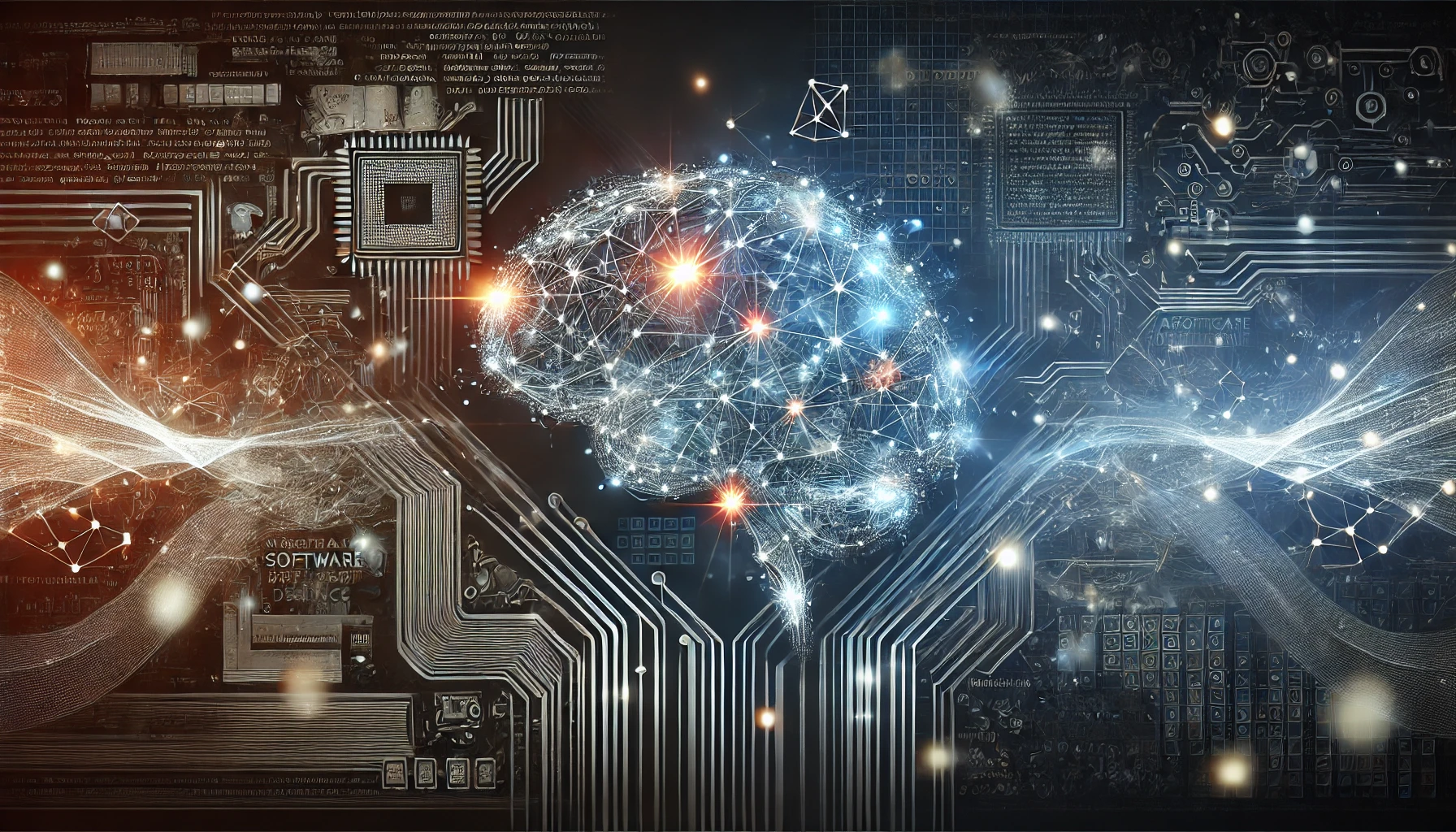
How Artificial Intelligence is Transforming Software Development
Artificial intelligence is revolutionizing the software development landscape, fundamentally changing how developers work and how applications are built. From code generation to testing and deployment, AI is becoming an indispensable tool in the modern developer’s toolkit.
The Rise of AI-Assisted Development
The integration of AI into software development represents one of the most significant shifts in the field since the advent of object-oriented programming. Tools like GitHub Copilot, Amazon CodeWhisperer, and ChatGPT are leading a new era of AI-assisted development, where artificial intelligence serves as an intelligent coding companion rather than a replacement for human developers.
Key Areas of Transformation
1. Code Generation and Completion
AI-powered tools can now generate entire functions or suggest code completions in real-time. These suggestions are context-aware, learning from the surrounding code and documentation to provide relevant recommendations. This capability significantly accelerates development speed and reduces repetitive coding tasks.
# Example of AI-assisted code completion
def calculate_average(numbers: List[float]) -> float:
"""Calculate the average of a list of numbers."""
if not numbers:
return 0.0
return sum(numbers) / len(numbers)
2. Automated Testing and Quality Assurance
AI systems are revolutionizing testing by:
- Automatically generating test cases based on code analysis
- Identifying potential bugs before they reach production
- Optimizing test coverage by focusing on high-risk areas
- Reducing the time needed for regression testing
Pro Tip: AI-powered testing tools can reduce testing time by up to 90% while increasing coverage and accuracy.
3. Intelligent Code Review
Modern AI tools can:
- Detect code smells and potential security vulnerabilities
- Suggest performance optimizations
- Ensure consistency with coding standards
- Identify duplicate code patterns across large codebases
The Future of AI in Development
Looking ahead, we can expect:
- More sophisticated code generation capabilities
- Enhanced natural language processing for requirements analysis
- Automated architecture optimization
- Predictive maintenance and performance tuning
- Increased integration with DevOps processes
Important: While AI brings powerful capabilities, it’s crucial to maintain human oversight and code review practices.
Challenges and Considerations
While AI brings tremendous benefits, it’s important to consider:
- The need for careful validation of AI-generated code
- Security implications of AI-assisted development
- The importance of maintaining human oversight
- The ongoing need for core programming skills
Best Practices for AI Integration
To effectively leverage AI in development:
- Start with smaller, well-defined tasks
- Establish clear validation processes
- Continuously train team members on AI tools
- Maintain strong security protocols
- Document AI usage in the development process
Best Practice: Begin with low-risk, well-understood tasks when introducing AI tools into your development workflow.
Conclusion
AI is not replacing developers but rather augmenting their capabilities, allowing them to focus on higher-level problems while automating routine tasks. As these tools continue to evolve, we can expect even greater integration of AI into the software development lifecycle, leading to more efficient, reliable, and innovative software solutions.
For organizations looking to stay competitive in the software development space, embracing AI-assisted development is no longer optional—it’s becoming a necessity for maintaining productivity and quality in an increasingly complex development landscape.